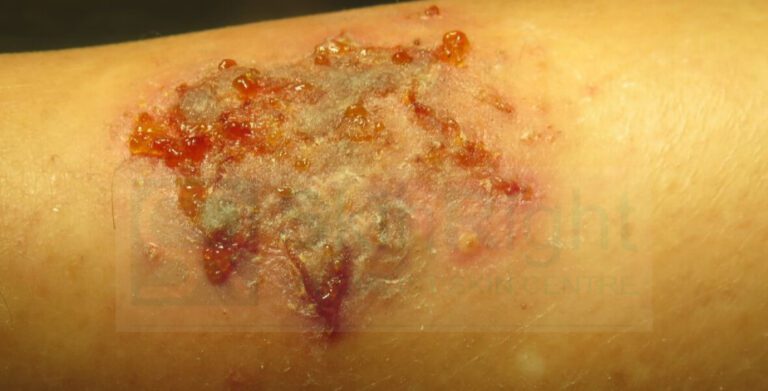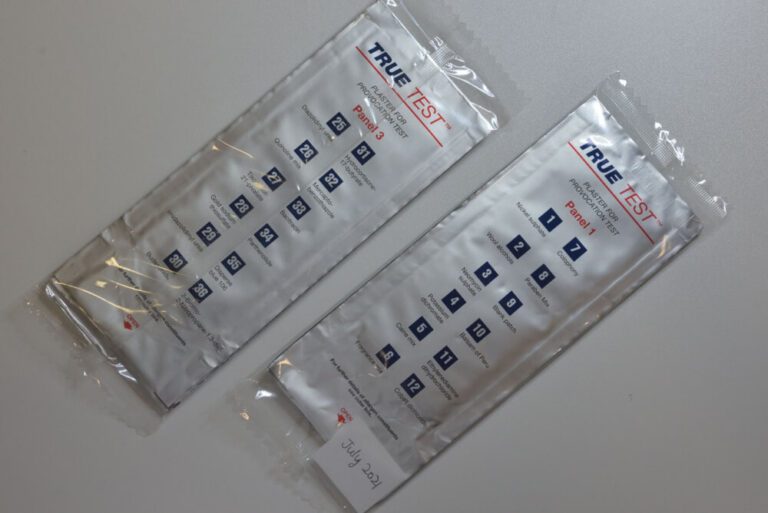MEDIA/
Rashes and Itching May Be Due to Metal Sensitivity: Four High-Risk Groups of People Should Limit Broccoli and Chocolate

Skin sensitivity is quite common, including reactions to food, hair, or fabrics. However, wearing jewelry also carries a risk of allergies. Some individuals experience unexplained itching, especially in hot weather, which may be due to metal sensitivity. What causes metal sensitivity? Are there alternatives to jewelry? What daily precautions should be taken?
Written by: Dr. Chan Sheung Hey Thomas, Dermatologist
After wearing metal jewelry, why do some people experience itchy skin? What components can lead to skin sensitivity? Let’s explore these questions one by one.
Nickel in Metals Can Cause Sensitivity
Many pieces of jewelry are made from metals, and some individuals may be sensitive to specific metals, leading to “allergic contact dermatitis.” Often, inexpensive metal jewelry contains higher amounts of nickel, which is added to increase hardness. Some people mistakenly believe they are allergic to gold or silver jewelry, when in fact, it’s the trace amounts of nickel mixed in.
Allergic Contact Dermatitis: Inflammation Occurs 48 to 72 Hours Later
Allergic contact dermatitis is a delayed allergic reaction, typically occurring 48 to 72 hours after initial exposure to an allergen. This process involves T cells, which release cytokines that trigger a series of inflammatory responses, resulting in red, swollen, and itchy skin. However, subsequent exposure to the same allergen can lead to a much quicker immune response.

Symptoms: Rashes and Itching
If you experience metal sensitivity, symptoms usually appear at the site of contact, resulting in rashes, itching, swelling, and even weeping. Commonly affected areas include the wrists from bracelets, necks from necklaces, ears from earrings, and the abdomen where jeans buttons make contact.
It’s important to note that areas not in direct contact with the metal, such as eyelids or lower body, can also develop rashes. This occurs because the allergic reaction at the contact site releases cytokines, which circulate through the bloodstream and can trigger inflammation in other skin areas.
Suddenly Sensitive to Jewelry Worn for Years?
Only some individuals are prone to metal sensitivity. If you have not experienced it before, it typically poses no harm. Some allergic reactions can take years to develop, and many are unaware that jewelry worn for years can be the culprit. Conversely, others may have significant reactions to allergens after only a short exposure.
In summary, frequently wearing jewelry containing allergens may lead to quicker rashes, while first-time exposure might take 48 to 72 hours to manifest.
Hot weather can also increase the likelihood of metal sensitivity, as allergies often arise from the formation of “nickel salts” when sweat interacts with nickel.
Who Is More Likely to Have Metal Sensitivity?
- Hairdressers
- Nurses
- Food service workers
- Individuals who frequently handle cash (coins)
Conduct a Skin Test to Identify Allergens
To determine if you have metal sensitivity, consult a dermatologist and undergo a patch test to check for reactions to specific metals.

Precautions for Those with Metal Sensitivity
- Wear Alternatives: Use materials like 925 sterling silver, copper, platinum, titanium, or plastic to avoid contact with allergens.
Avoid Nickel-containing Foods: Limit intake of foods such as broccoli.
Nickel-containing foods include:
- Canned foods (vegetables, fruits)
- Green beans
- Soybeans
- Broccoli
- Peas
- Dried fruits
If you experience severe allergic reactions, seek medical advice and appropriate treatment.
Original Article Link
https://www.hk01.com/article/451795


